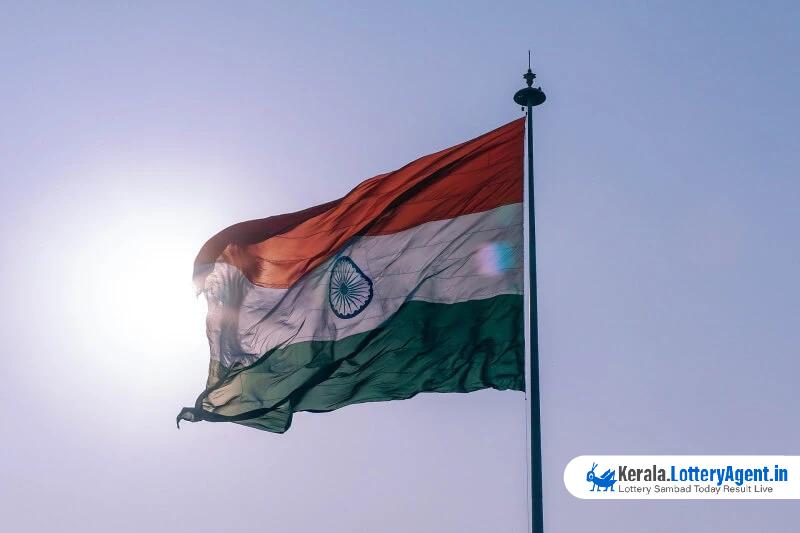
Indian gaming stakeholders had pinned their hopes on the recent meeting of the Goods and Services Tax (GST) Council, anticipating reconsideration of the 28% tax levied on online gambling, casino, and horse race betting. The Council, which implemented this tax rate last July, convened on Saturday, June 22, to review rates and regulations across multiple sectors.
In a post-meeting announcement, Finance Minister Nirmala Sitharaman confirmed that the contentious gaming tax “wasn’t up for discussion,” leaving operators in dismay. This unpopular tax is applied to the full-face value of a bet rather than on gross gaming revenue, transforming it into a turnover-based tax rather than a profit-based one.
Dr. Aruna Sharma, an economist and former Indian government official, expressed concerns to iGaming Business, stating, “There is no clarity or relief regarding the imposition of tax on the entire transaction value rather than just the income of the platform. The heavy taxation is likely to be passed on to the players.” She suggested that the Supreme Court might offer one recourse by imposing GST solely on platform earnings, excluding the money involved in real money games.
The new tax regime, initiated in October 2023, had prompted many operators to expect a review at the six-month mark. However, the anticipated reconsideration did not materialize at the latest GST Council meeting. Yet, a newly approved clause at the Saturday meeting offers a glimmer of hope. If ratified by India’s Parliament, Section 11A would permit companies across various sectors to seek relief from retrospective tax demands.
Additionally, the Supreme Court is set to hear multiple petitions contesting retrospective tax demands from gaming operators, as confirmed last month. Dr. Sharma remarked, “The good news is that the tax rationalisation Group of Ministers committee has been reconstituted and may review the tax on online gaming.”
Dr. Sharma further explained that the amendment in Section 11A now includes provisions for waiving retrospective tax dues due to ambiguities affecting both state and central governments. Moreover, it allows for the waiver of penalties and interest on these retrospective dues.
. Despite this potential correction, the gaming industry continues to grapple with the uncertainty surrounding the 28% flat tax rate.
Manish Mishra, a partner at JSA Advocates and Solicitors, labeled the omission of discussions on online gaming as a “major disappointment.” Rajat Bose, a partner at Shardul Amarchand Mangaldas & Co Advocates & Solicitors, outlined the industry’s broader concerns to iGaming Business, noting, “The online gaming industry was eagerly looking forward to the GST council meeting in the hope that their concerns will be addressed by the Council. However, their issues could not find a place in the agenda. The industry will have to wait until the next meeting to see some kind of clarity on the tax structure, especially on retrospective application.”
The uncertainty stems from the lack of a clear timeline on when the GST Council will address these concerns. Sitharaman explained on Saturday that the Council ran out of time to discuss various items on the agenda, which will now be taken up at a forthcoming meeting, possibly before the end of August. Nonetheless, she reiterated that the gaming tax was not on the agenda for Saturday’s meeting.
A new joint report by Ernst & Young and the US-India Strategic Partnership Forum sheds light on the challenges facing gaming operators. The report highlights that the Indian gaming sector has drawn $2.6 billion in foreign direct investment since 2019. Remarkably, however, no capital has been raised since the new tax regime’s introduction.
The report further details that some companies reported a complete withdrawal of global marquee investors with the onset of the new GST regime. This external investor pullback has had tangible consequences for the sector. Super Group, the owner of sportsbook brand Betway and online casino brand Spin, for instance, exited the Indian market last October in response to the tax changes.
The tax rate instituted last year marked the second significant alteration to India’s online gambling landscape. The Indian government introduced new regulations to control online gambling in January 2023, preceding the tax adjustment.
The unresolved tax issue keeps the Indian gaming industry in a state of limbo, waiting for definitive action from the GST Council or possible judicial interventions.












